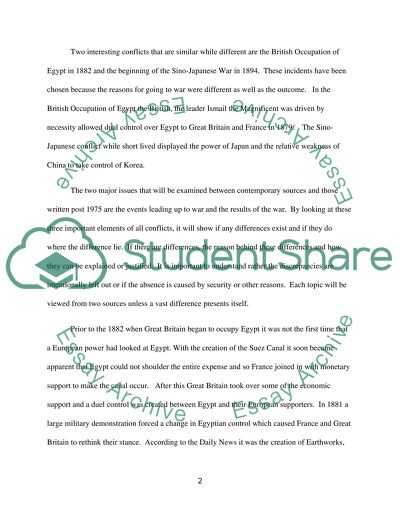Cite this document
(“Primary vs. Secondary sources: Whats true, whats not Term Paper”, n.d.)
Retrieved from https://studentshare.org/history/1444125-primary-vs-secondary-sources-whats-true-whats-not
Retrieved from https://studentshare.org/history/1444125-primary-vs-secondary-sources-whats-true-whats-not
(Primary Vs. Secondary Sources: Whats True, Whats Not Term Paper)
https://studentshare.org/history/1444125-primary-vs-secondary-sources-whats-true-whats-not.
https://studentshare.org/history/1444125-primary-vs-secondary-sources-whats-true-whats-not.
“Primary Vs. Secondary Sources: Whats True, Whats Not Term Paper”, n.d. https://studentshare.org/history/1444125-primary-vs-secondary-sources-whats-true-whats-not.


